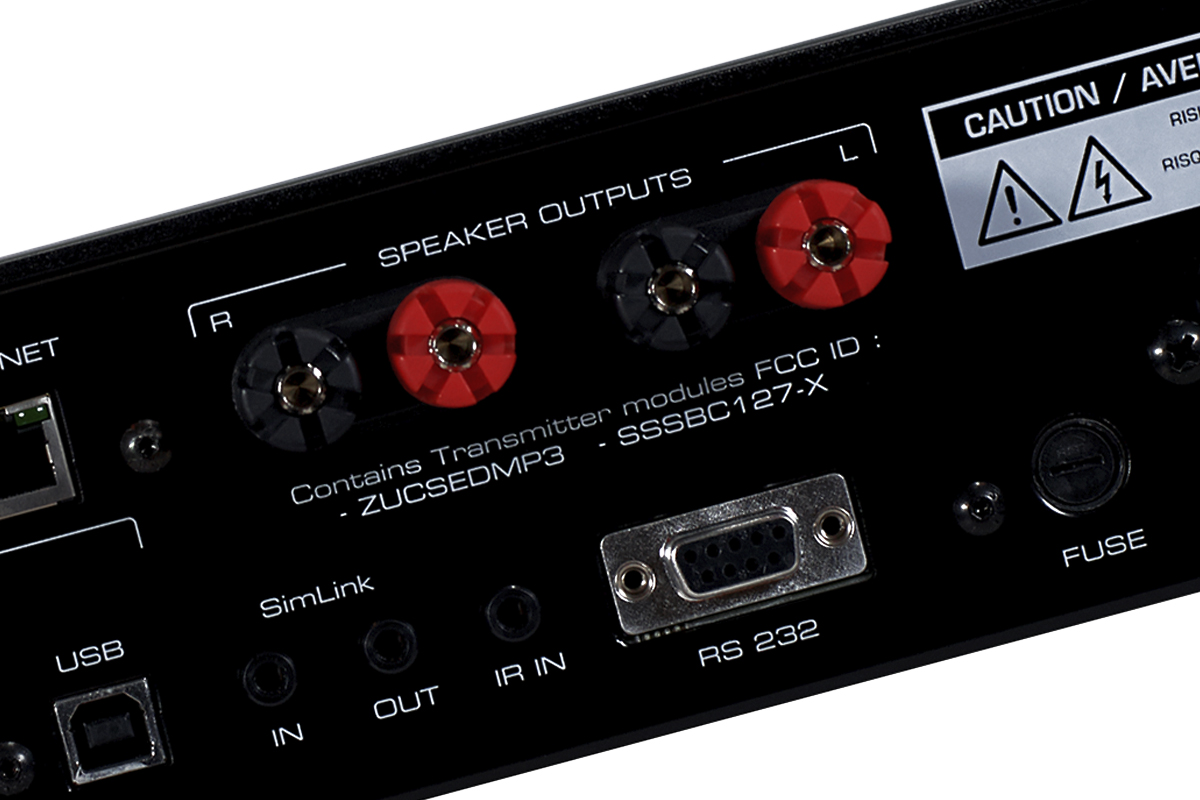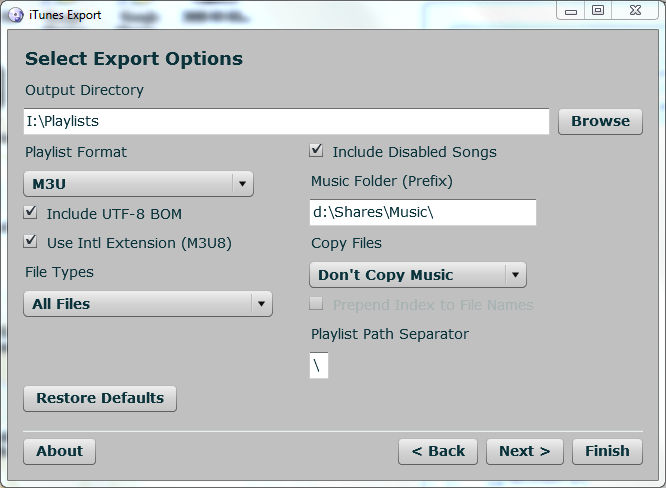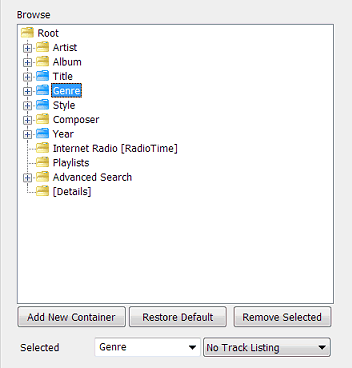

- #Asset upnp deleting streams tunein install#
- #Asset upnp deleting streams tunein portable#
- #Asset upnp deleting streams tunein code#
SoCo-CLI will try a number of approaches to find a speaker's IP address by speaker name, which escalate in cost until the speaker is discovered or discovery fails. Note that sonos actions are executed without seeking user confirmation please bear this in mind when manipulating the queue, playlists, etc. If an error is encountered, an error message will be printed to stderr, and the program will return a non-zero exit code.
#Asset upnp deleting streams tunein code#
Instead, the program exit code can be inspected to test for successful operation (exit code 0). The soco command is also added to the PATH, and can be used as an alias for the sonos command if preferred.Īctions that make changes to speakers do not generally provide return values. It can take zero or more parameters depending on the action.Īs usual, command line arguments containing spaces must be surrounded by quotes: double quotes work on all supported OS platforms, while Linux and macOS also support single quotes. ACTION is the operation to perform on the speaker.Partial matches must be unambiguous, or an error is returned. Partial, case-insensitive speaker names will be matched, e.g., kit will match Kitchen. SPEAKER identifies the speaker to operate on, and can be the speaker's Sonos Room (Zone) name or its IPv4 address in dotted decimal format.If the sonos command is not found, make sure your PATH is set up correctly for the Python installation you want to use. The installer adds the sonos command to the PATH. Please see the CHANGELOG.txt file for a list of the user-facing changes in each release.
#Asset upnp deleting streams tunein install#
Install the latest version from PyPI using pip install -U soco-cli. Works with Sonos 'S1' and 'S2' systems, as well as split S1/S2 systems.Tested on various versions of Linux, macOS and Windows. Should run on all platforms supported by Python.The HTTP API Server functionality requires Python 3.7 or above.Python 3.6 and above supports the latest version of the SoCo library. For Python 3.5, the latest compatible version of the underlying SoCo library is v0.27.1.(Requires Python 3.7 or above.) Supported Environments SoCo-CLI can also run as a simple HTTP API server, providing access to a huge range of actions via simple HTTP requests. SoCo-CLI can be imported as a streamlined, high-level API library by other Python programs, and acts as an intermediate abstraction layer between the client program and the underlying SoCo library, simplifying the use of SoCo. SoCo-CLI has an orderly command structure and consistent return values, making it suitable for use in automated scripts, cron jobs, etc.įor interactive command line use, SoCo-CLI provides a powerful Interactive Shell Mode that improves speed of operation and reduces typing.

Audio files from the local filesystem can be played directly on Sonos. Multiple commands can be run in sequence, including the ability to insert delays between commands, to wait for speakers to stop or start playing, and to create repeated action sequences using loops.

#Asset upnp deleting streams tunein portable#
SoCo-CLI is written entirely in Python and is portable across platforms.Ī simple sonos command provides easy control over a huge range of speaker functions, including playback, volume, groups, EQ settings, sleep timers, alarms, speaker settings, the playback queue, etc. SoCo-CLI is a powerful command line wrapper for the popular Python SoCo library, for controlling Sonos systems. Macros: Defining Custom HTTP API Server Actions.Waiting Until Playback has Started/Stopped: wait_start, wait_stop and wait_end_track.Chaining Commands Using the : Separator.Spotify, Tidal, Deezer, and Apple Music Share Links.SoCo-CLI: Control Sonos from the Command Line.SoCo-CLI: Control Sonos from the Command Line


 0 kommentar(er)
0 kommentar(er)
